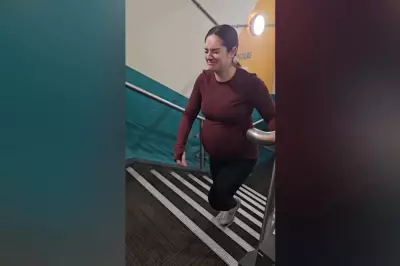
A devastating home birth tragedy has claimed the lives of both a 34-year-old mother and her newborn baby, raising serious questions about the safety of home deliveries for high-risk pregnancies.
The mother, who had previously undergone two caesarean sections, made the conscious decision to give birth at home despite medical advice suggesting hospital delivery would be safer. Her complex medical history placed her in a higher risk category that typically warrants closer medical supervision.
Midwife Concerns Ignored
During the labour, experienced midwives grew increasingly concerned about the mother's condition and the baby's wellbeing. Medical professionals noted worrying signs that suggested both mother and child were in distress, yet the decision to transfer to hospital came too late to prevent the double tragedy.
Just hours after successfully delivering her baby, the new mother's condition deteriorated rapidly. Despite emergency efforts, both she and her newborn could not be saved, leaving family and healthcare professionals devastated.
Growing Debate Over Home Birth Safety
This heartbreaking case has reignited the debate about home births in the UK, particularly for women with complex medical histories. While many women have positive home birth experiences, this tragedy highlights the potential risks when complications arise without immediate hospital facilities.
The NHS generally supports home births for low-risk pregnancies but emphasizes the importance of careful assessment and having contingency plans for emergency transfers. This case underscores how quickly situations can deteriorate during childbirth and the critical importance of having specialist medical care readily available.
An investigation into the circumstances surrounding these deaths is underway, with healthcare authorities examining whether different decisions could have prevented this outcome. The findings are likely to influence future guidelines around home birth eligibility and emergency response protocols.





